Domestic violence help: where to find support during the pandemic
As we are nearing the half way mark of the UN's 16 Days of Activism, solicitor Shanika Varga explains five ways victims can seek domestic violence help and advice

As we are nearing the half way mark of the UN's 16 Days of Activism, solicitor Shanika Varga explains five ways victims can seek domestic violence help and advice
For many of us, home is our safe sanctuary during this global pandemic but it's also a universal fact that home is the most dangerous place in the world for women. Domestic violence affects more than a million women in the UK every year. And as Lockdown 2.0 is coming to an end, many more women and children are left feeling vulnerable after a month of confinement. This is why the UN's 16 Days of Activism, ending on the 10th December, is more important than ever. And why being able to access domestic violence help and advice is vital.
Multiple support services have reported a surge in calls to helplines, while the Metropolitan police said they had made 4,093 arrests for domestic abuse offences – an average of about 100 a day – since 9 March, when people with coronavirus symptoms were asked to self-isolate.
Last year 1.6 million women in England and Wales experienced domestic violence - hence concerns are mounting. With Deputy Chief Constable Louisa Rolfe, from West Midlands Police, stating that incidents could 'increase by three-fold' over the coming weeks, many are fearful we could be facing a 'domestic abuse pandemic.'
Victims are seeing all their options for help and protection evaporating. Many would normally wait to be by themselves before they seek help, such as their abuser going to work. Lockdown poses a significant threat to victims of domestic violence for many reasons. Most notably, it gives abusers a larger time frame to be physically harmful. This means that the usual tell-tale signs of domestic violence, such as marks or bruises, will likely have faded by the time women or children are free to leave their homes.
Domestic abuse can also, of course, be mental and financial, as well as physical. Many abusers could use the impact of Covid-19 to exaggerate worry of potential loss of jobs and income to control victims. Lockdown means extended family and friends have to stay away, making it harder for loved ones to step in to protect victims.
MPs within the home affairs select committee are now demanding a government action plan of funding for support services to tackle increasing levels of domestic abuse under the lockdown, warning that without intervention, 'society will be dealing with the devastating consequences for a generation'.
Marie Claire Newsletter
Celebrity news, beauty, fashion advice, and fascinating features, delivered straight to your inbox!
Pressure is also being placed on the first domestic violence commissioner, Nicole Jacobs, for tougher sentences in cases involving children. However, the government has still been criticised for not going far enough to help vulnerable women. While none of the £16.6m pledged by the government earlier this year to help fund domestic abuse refuges has yet reached those providing services.
During this global public pandemic, we too have a responsibility to be on high alert to our friends and loved ones who are in abusive relationships and feel especially vulnerable in a time when social isolation is the new normal.
In this frightening and uncertain time, there are a number of steps available when seeking domestic violence helo to protect yourself or friends and family you may be concerned about.
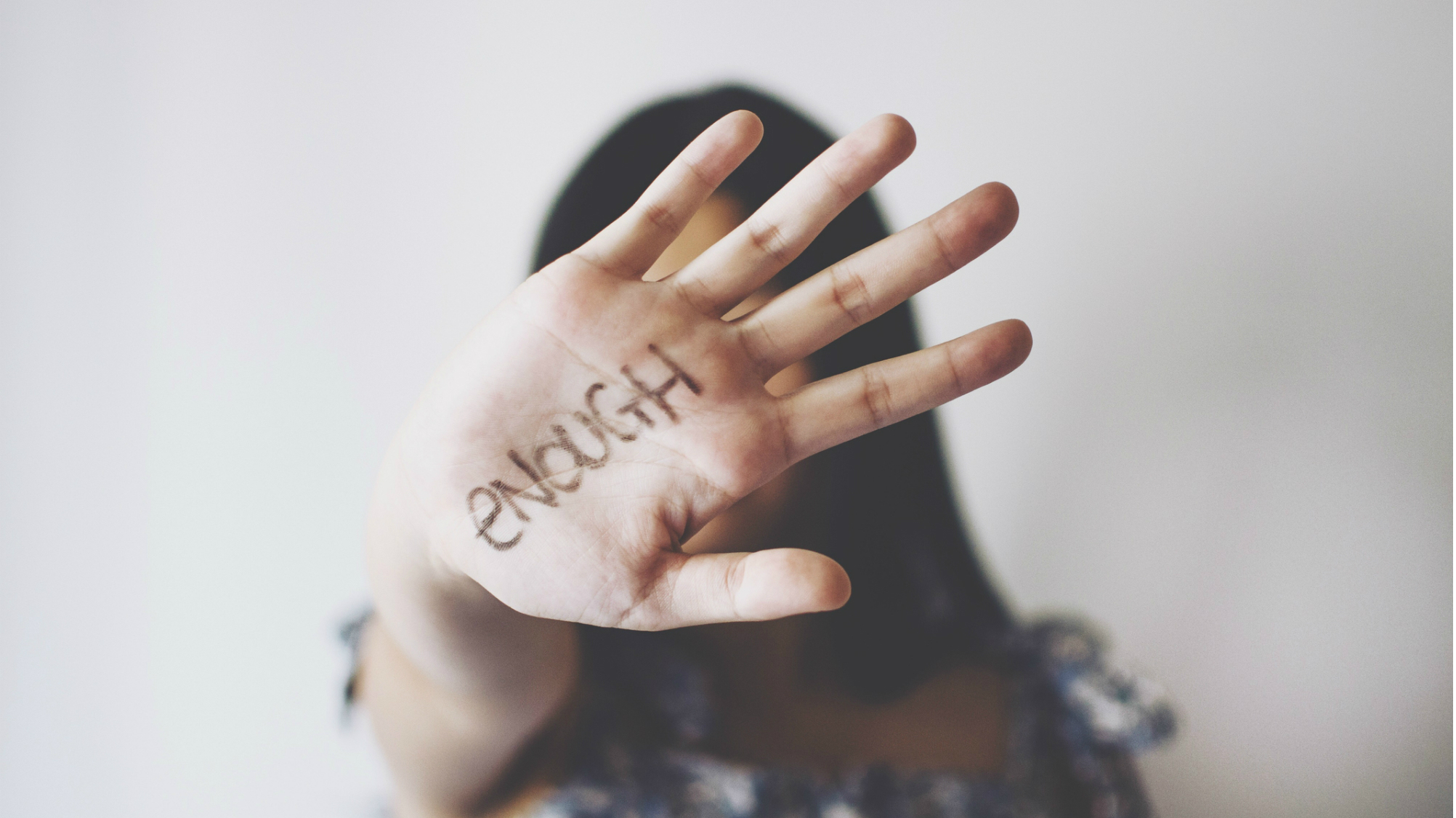
Domestic violence help and advice
1. If in immediate danger, call 999
Where someone is in immediate danger, they should call 999 and try to get to a safe place in the house, for example the bathroom where the door can be locked. The police, where appropriate, will take protective action and prosecute an abuser.
2. Call on local and national charities for help
There are local and national charities, such as Refuge and Women's Aid, who provide domestic violence help, immediate refuge and emotional support. Emotional support will be provided for as long as it is needed including accompanying a victim to court and providing counselling and a support network.
3. Pack an emergency bag
It's helpful for many victims to pack a bag that they can grab in an emergency. This should include their passport, some money, clean clothes and a phone charger. Of course, this isn’t always possible, as it's vital the abuser does not detect this, so victims should consider whether a friend of family member can keep a spare set of clothes and their passport for them out of the house. Arranging a collection spot with a friend or family member if you have to leave the property quickly can provide protection as often in emergency situations, clear thinking isn’t possible. Having a safe word or phrase to text or email to a trusted friend or family member is also something to consider.
4. Seek legal advice
The police can take criminal action against an abuser but not all victims will want that to happen, particularly where the dynamic is not so straight forward such as parent and child. In these situations, civil law remedies are available such as non molestation order which protect a victim form harassment and physical, sexual or psychological molestation. Orders of this nature can regulate communication and prevent an abuser from coming within a certain distance of the victim. In some circumstances they can be tailored to allow for the victim and abuser to remain in the same home but still provide protection. Non molestation orders carry a power of arrest so if they are breached the police will be able to assist. These orders can be applied for without the other person being aware, urgently or by giving the other person notice and a solicitor will be able to explore which is the most appropriate. They typically last for a year but if the behaviour recommences after the order has expired, a further application can be made.
An occupation order is another form of protective order that can be made by the court. They regulate occupation of a property but do not affect legal ownership. Because they override proprietary rights to a property the court will seldom grant this order without the other party being notified beforehand. This is different to a non-molestation order where the court recognises that a party does not have a right to inflict harm on another and therefore orders can be made without the other party being given prior notice.
5. Open up to a friend or family member you can trust
To friends and family concerned about a loved one, reach out and speak to them, it might be the gentle nudge they need to escape an abusive relationship. In what is already a difficult time we need to take extra care in looking after each other. And victims should turn to a friend of family member who can make a call to a hotline on their behalf should they not be able to do so themselves. What is important to remember that there is help out there so do not feel alone. It is always advisable to seek legal advice in relation to the options available to protect yourself or a friend or family member. A solicitor will explain the court process and criteria in more detail.
Domestic violence help is here. Please contact any of the following charities that are here to help you:
- Women's Aid (womensaid.org.uk). They provide LiveChat lines and you can email at: helpline@womensaid.org.uk
- Refuge (refuge.org.uk) The charity is currently asking people to buy refuge parcels containing supplies that women and children urgently need when escaping domestic violence. Click here to select and send a parcel.
- The National Domestic Violence Helpline on Freephone 24-hour 0808 2000 247
* Shanika Varga is a solicitor in the Leeds office at Stowe Family Law
The leading destination for fashion, beauty, shopping and finger-on-the-pulse views on the latest issues. Marie Claire's travel content helps you delight in discovering new destinations around the globe, offering a unique – and sometimes unchartered – travel experience. From new hotel openings to the destinations tipped to take over our travel calendars, this iconic name has it covered.
-
 Anatomy Of A Wardrobe: TV presenter AJ Odudu is carving out her own lane, one show-stopping look at a time
Anatomy Of A Wardrobe: TV presenter AJ Odudu is carving out her own lane, one show-stopping look at a timeWatch as we take an exclusive look inside AJ's wardrobe
By Lily Russo-Bah
-
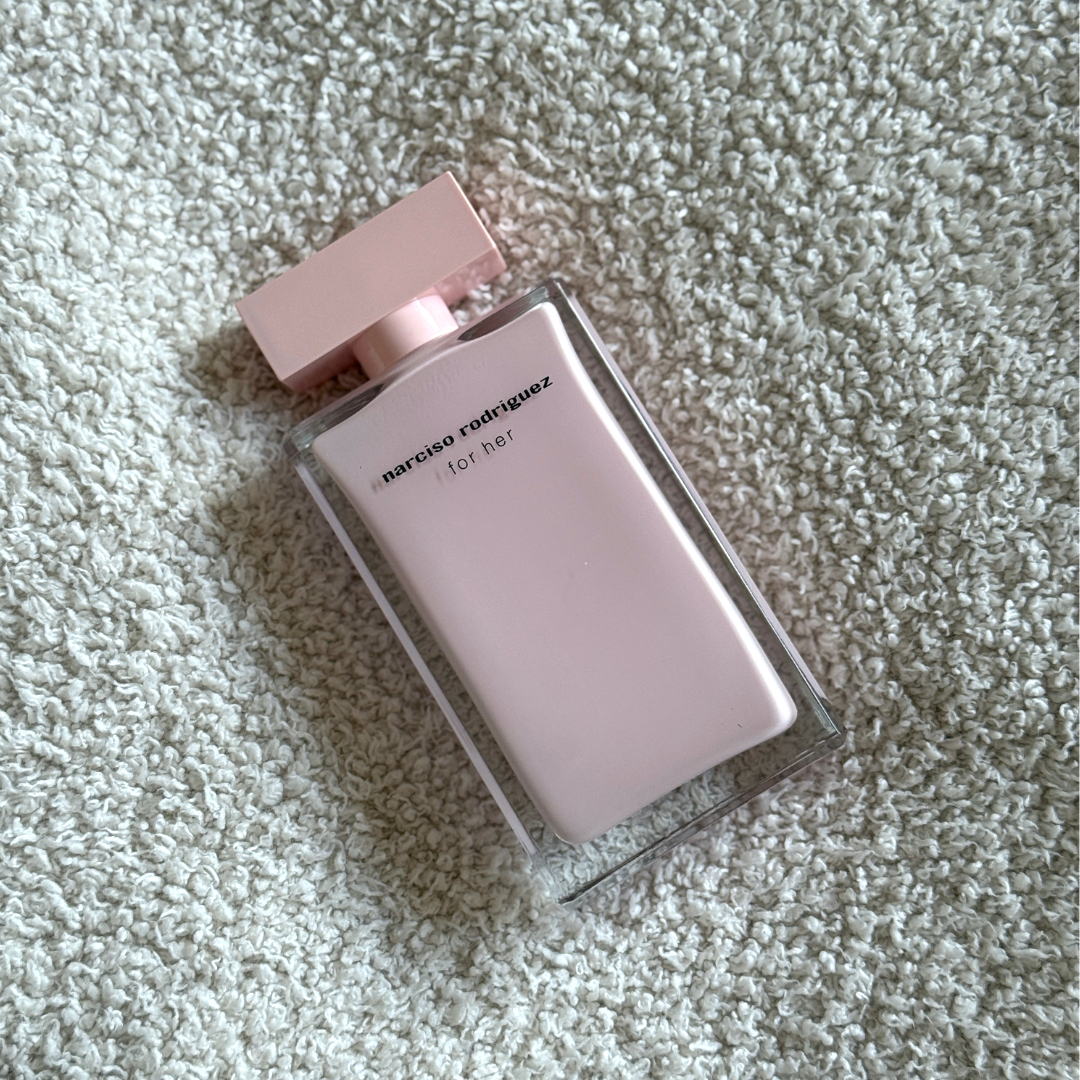 This perfume has been an icon for over 20 years, and for good reason—it’s soft, elegant, and oh so feminine
This perfume has been an icon for over 20 years, and for good reason—it’s soft, elegant, and oh so feminineFeminine but not *too* sweet
By Lucy Abbersteen
-
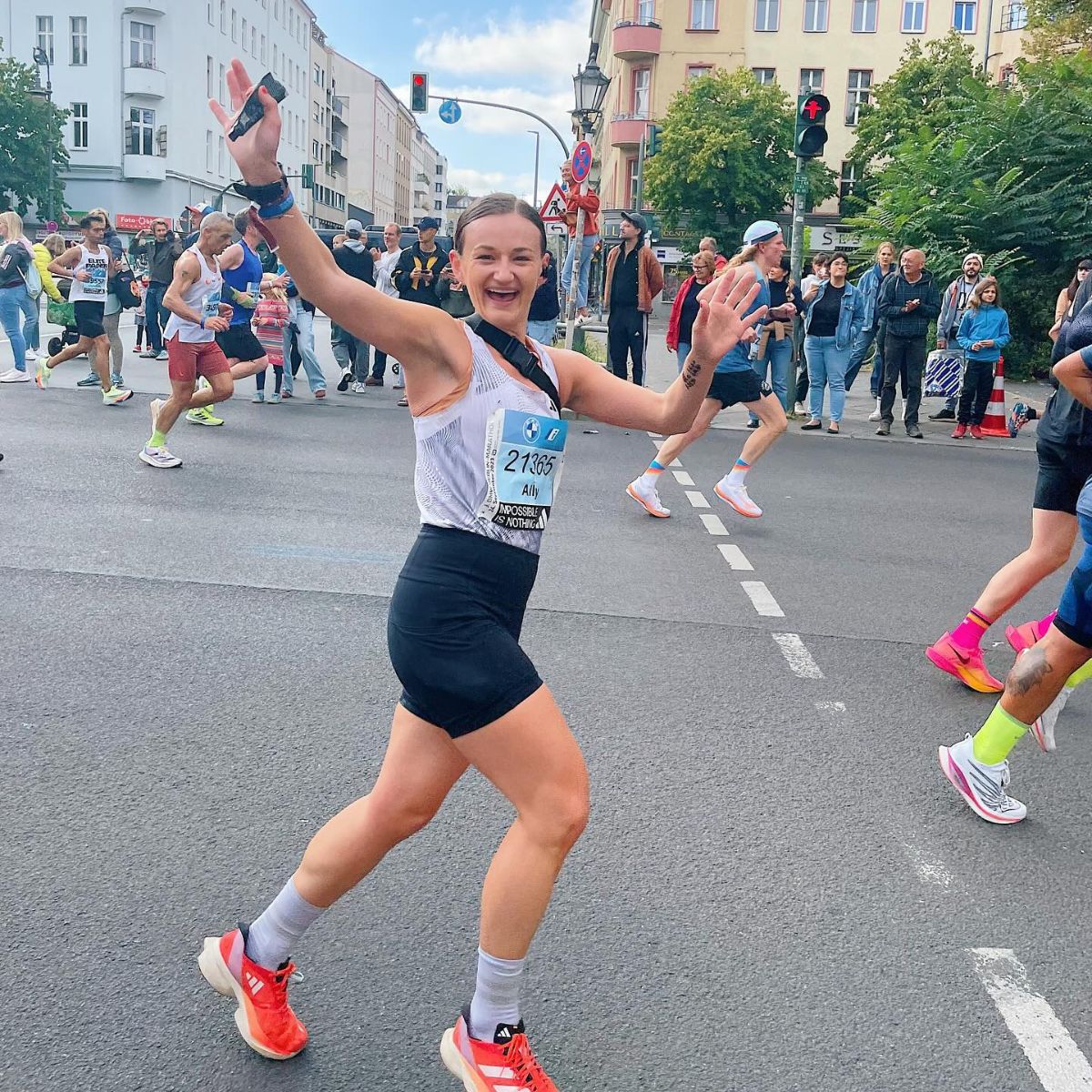 Got marathon fever? Trust us: these 12 running accessories will make any distance more manageable
Got marathon fever? Trust us: these 12 running accessories will make any distance more manageableOnce you try these, you won't look back.
By Amelia Yeomans
-
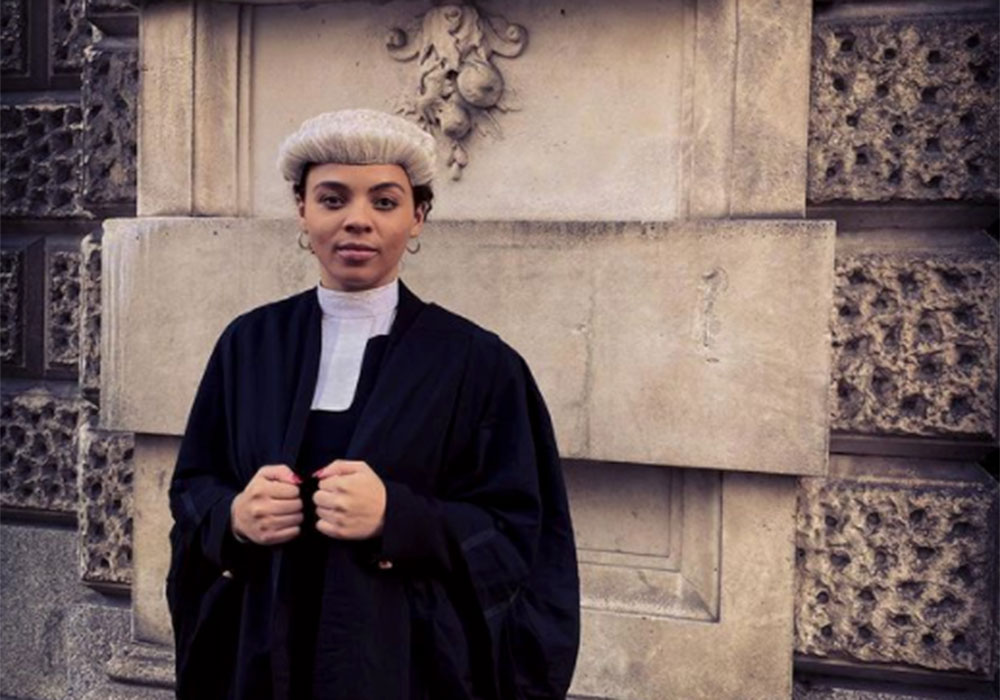 "I'm a Black barrister working in a broken justice system"
"I'm a Black barrister working in a broken justice system"Alexandra Wilson is a 26-year-old barrister speaking out about sexism, racism and class inequality at the very heart of the legal system. She shares her disturbing experiences, and why activism will make a difference.
By Alexandra Wilson
-
 Feeling sad this week? Learn about the 5 steps of grief, plus how to avoid it consuming you
Feeling sad this week? Learn about the 5 steps of grief, plus how to avoid it consuming youAs the nation mourns Her Majesty The Queen.
By Ally Head
-
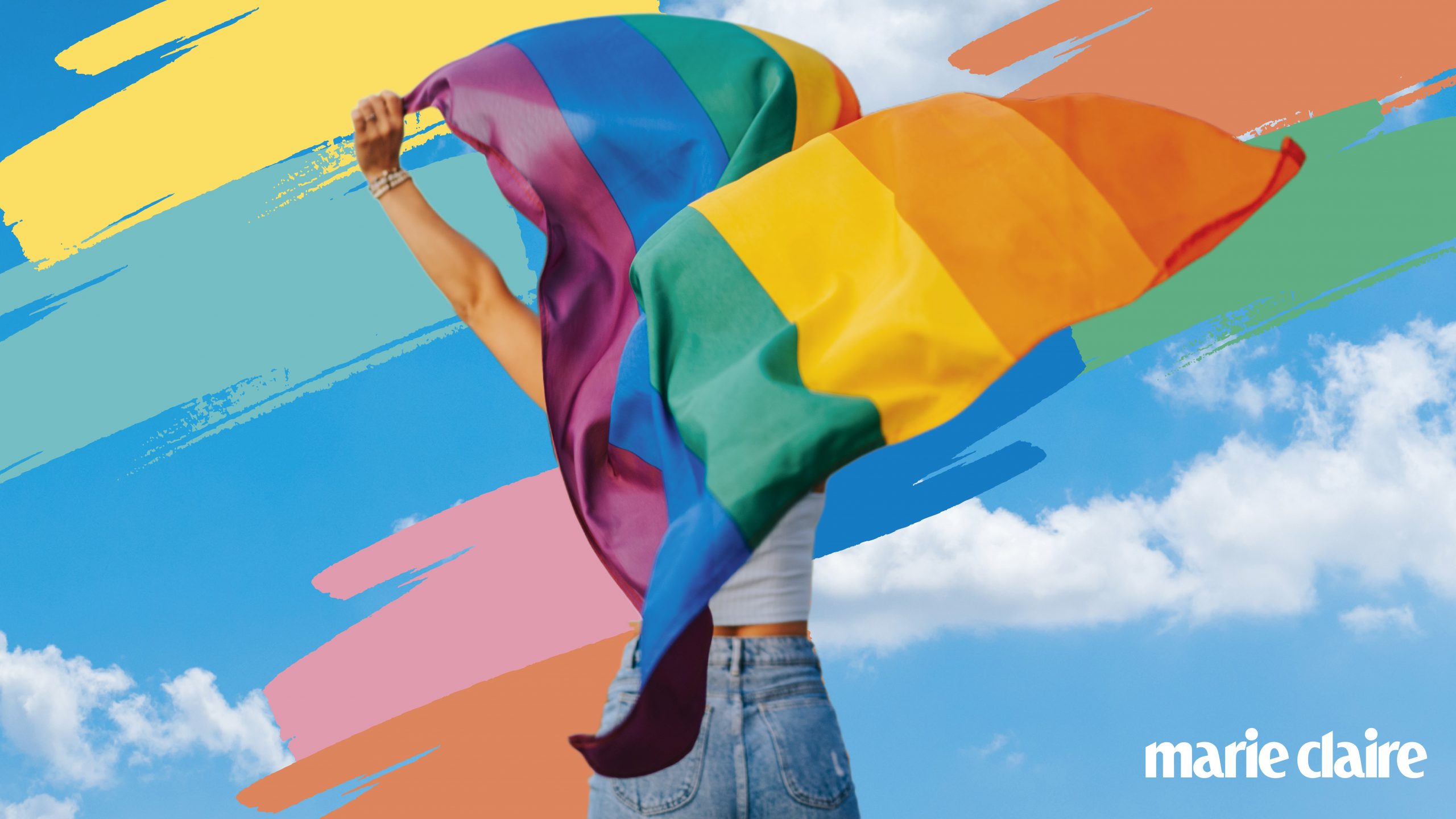 Pride events: 7 IRL and virtual celebrations to add to your calendar for 2021
Pride events: 7 IRL and virtual celebrations to add to your calendar for 2021Ready to celebrate?
By Rosie Grant
-
 Coronavirus versus cold symptoms: How to know whether you've got COVID 19 or a common cold
Coronavirus versus cold symptoms: How to know whether you've got COVID 19 or a common coldThis is important. Read guidance from the experts now.
By Ally Head
-
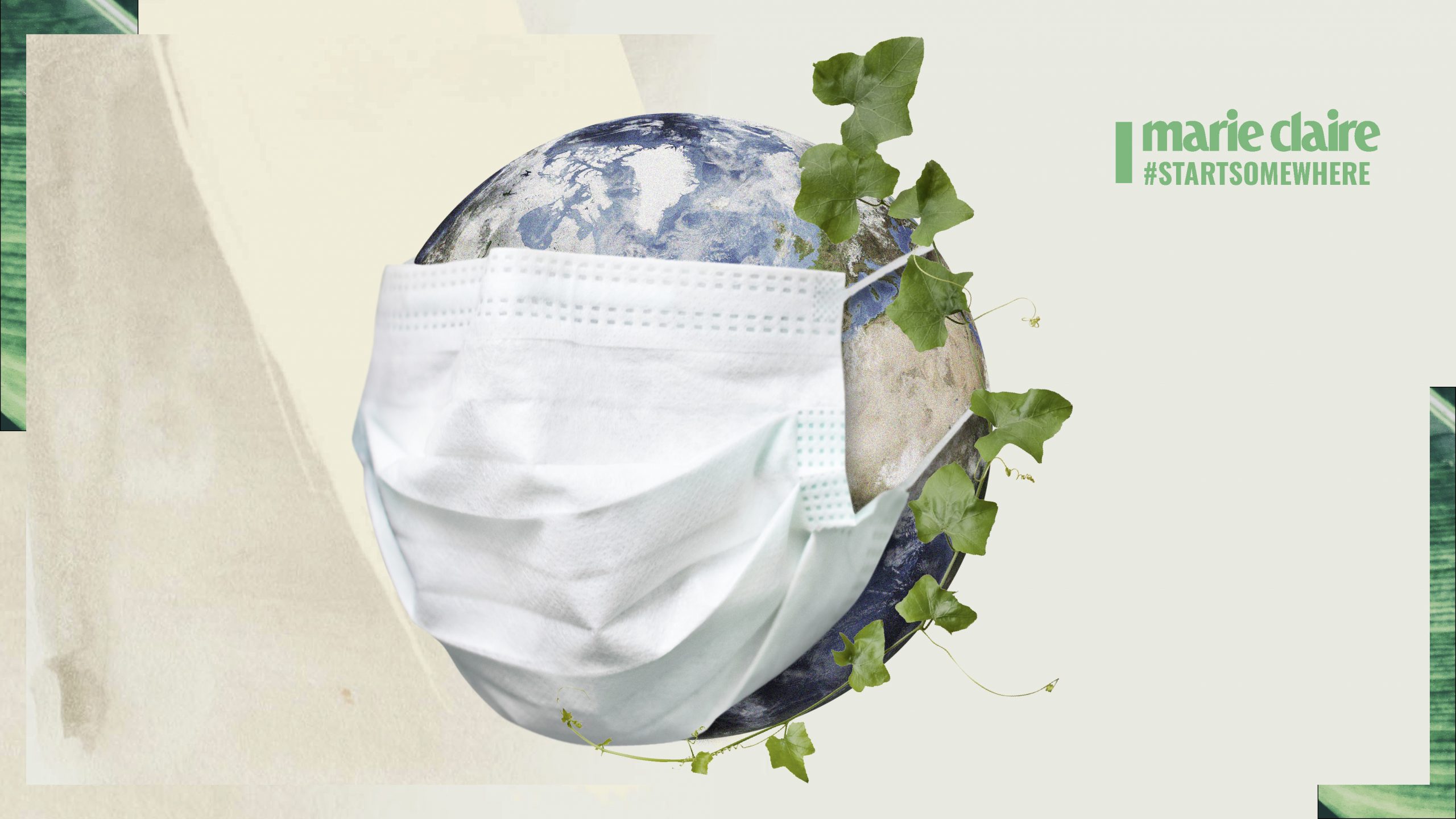 How COVID-19 made us forget our morals on plastic
How COVID-19 made us forget our morals on plasticPre-pandemic, we cared about our habits of plastic use. Lockdown changed all that - but it's not too late to continue the fight
By Olivia Adams
-
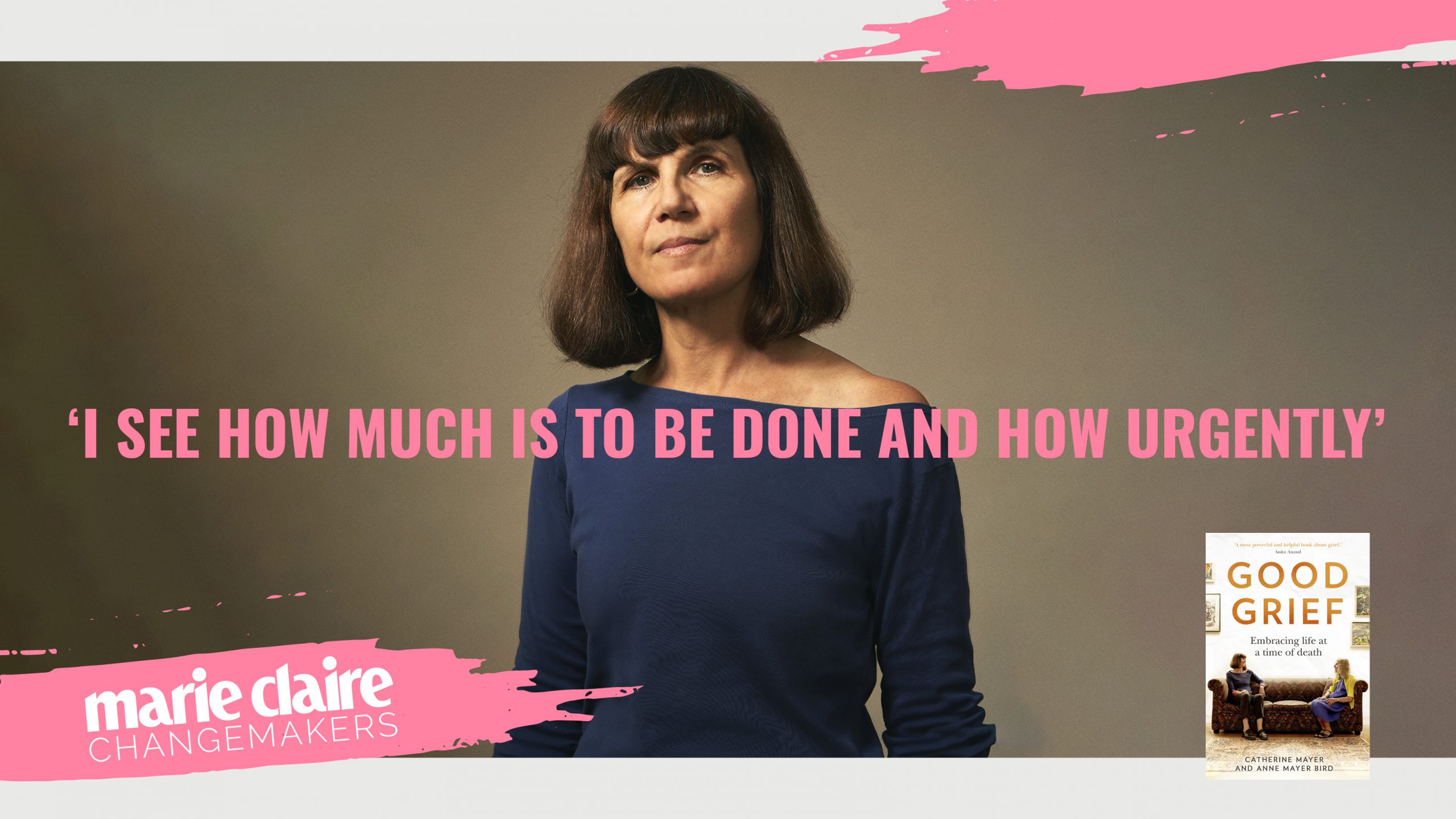 Catherine Mayer on women's rights: 'I see how much is to be done and how urgently'
Catherine Mayer on women's rights: 'I see how much is to be done and how urgently'Co-founder of the Women's Equality Party, Catherine Mayer, was married to influential musician Andy Gill until his death in Feb 2020. This International Women's Day, Mayer shares with affecting honesty how grief adds clarity to her life-affirming activism
By Maria Coole
-
 Tanya Burr shares her top 6 resources for educating yourself - and growing - this IWD
Tanya Burr shares her top 6 resources for educating yourself - and growing - this IWDThe theme of this International Women's Day is Choose to Change - let Tanya help you become a change-maker with her top resources.
By Ally Head
-
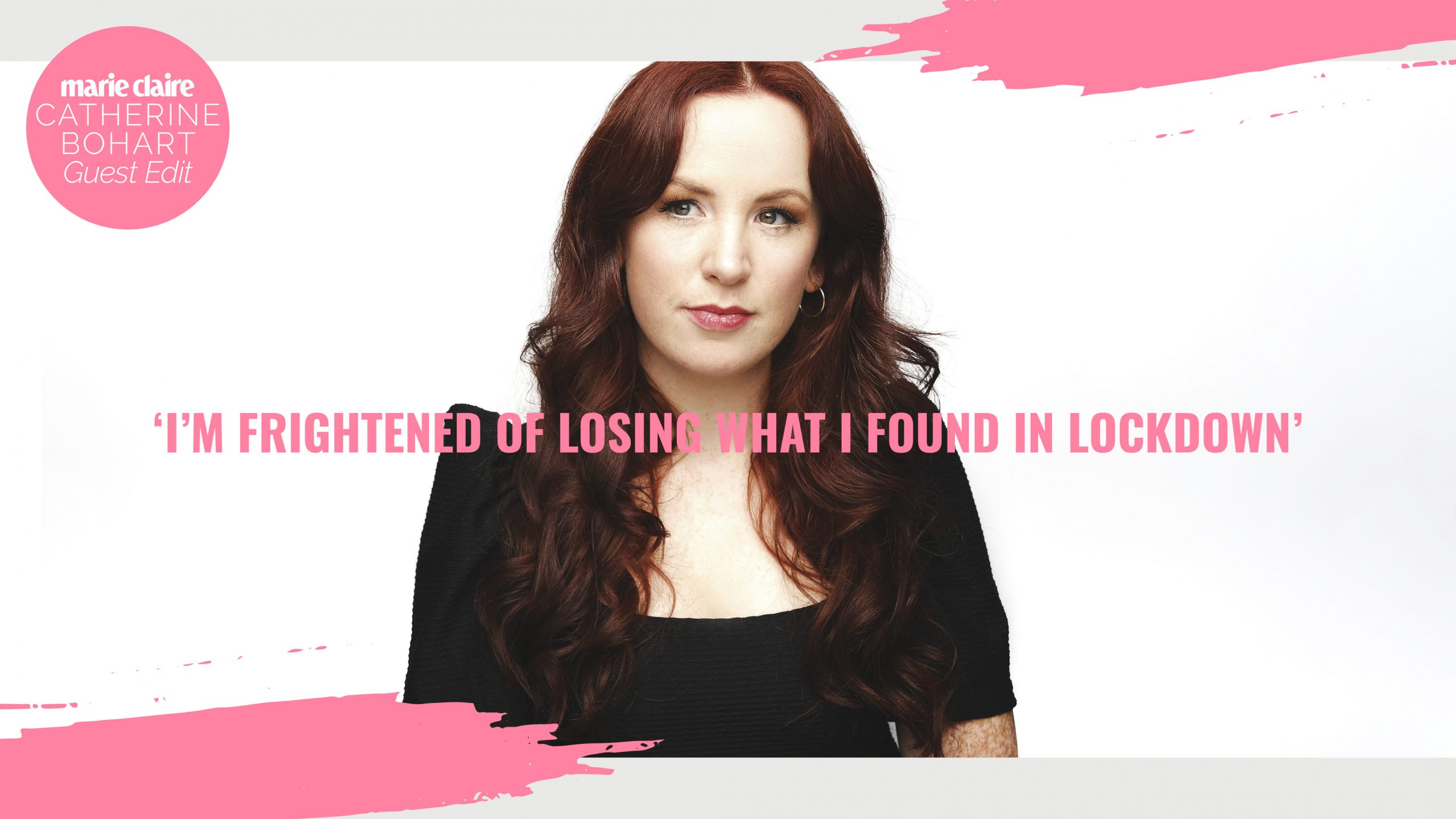 Catherine Bohart: 'I’m frightened of losing what I found in lockdown'
Catherine Bohart: 'I’m frightened of losing what I found in lockdown'Award-winning writer and comedian Catherine Bohart shares what her own lockdown mental health journey helped her discover
By Sophie Goddard